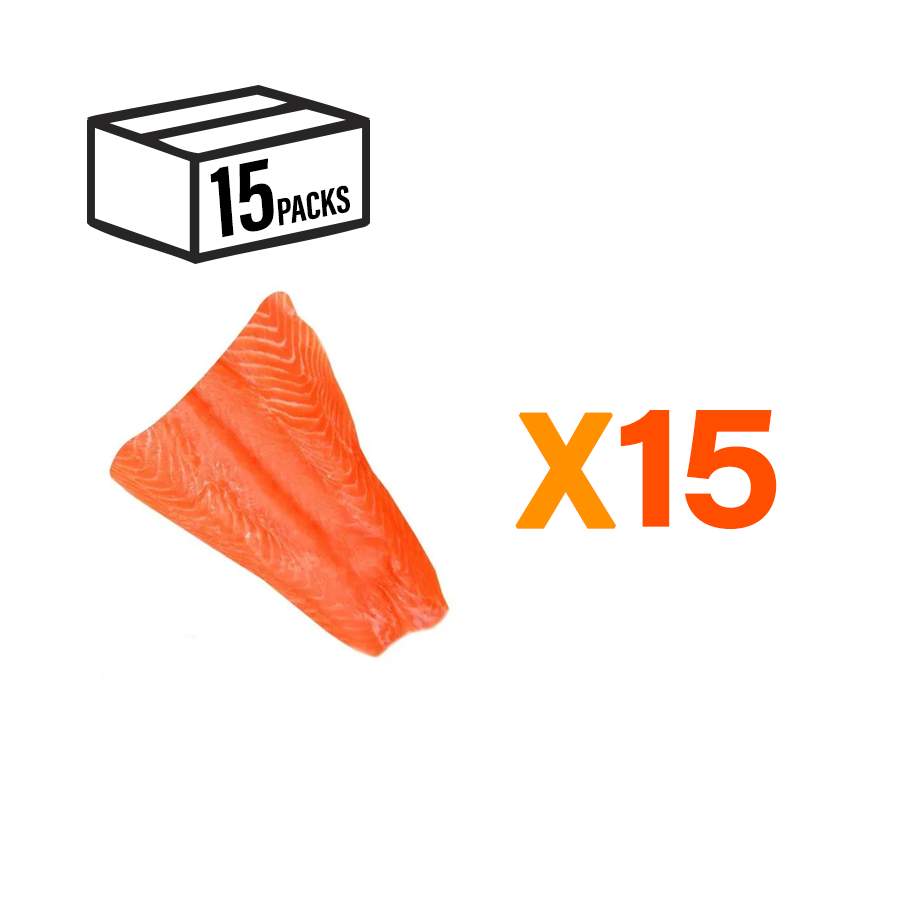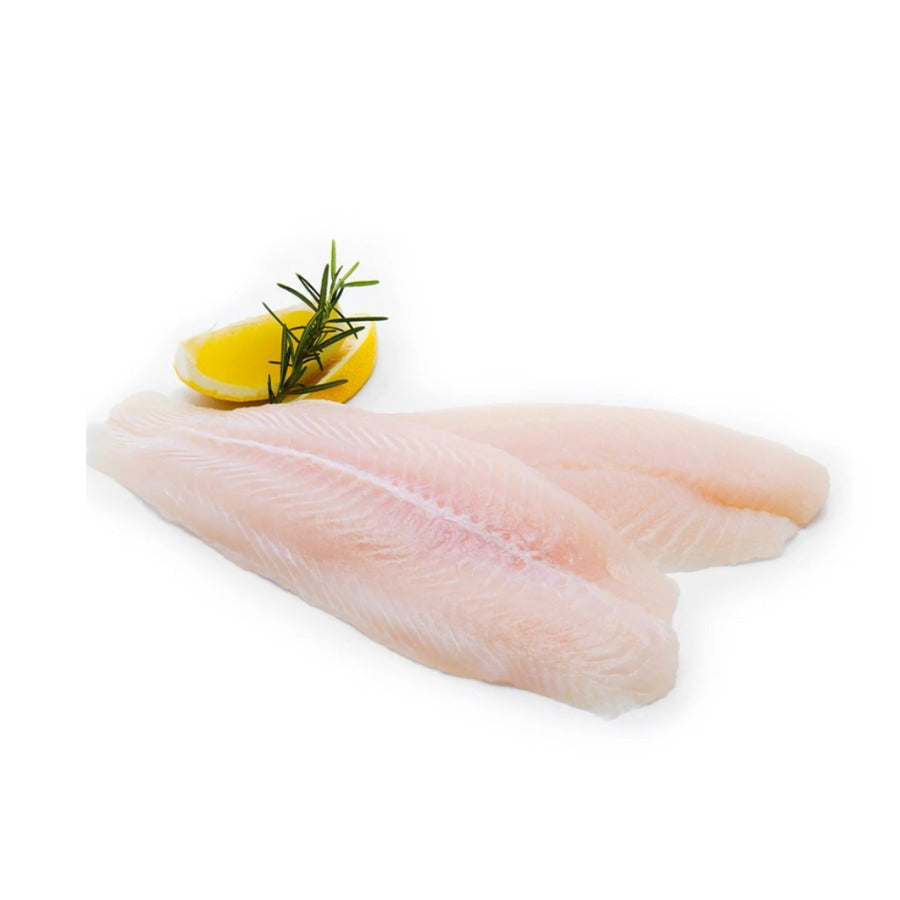Top 10 seafood myths and their truths
Myth 1: All Seafood is High in Mercury

While some fish, like swordfish and shark, can contain higher levels of mercury, many other seafood options are low in this heavy metal. Salmon, shrimp, tilapia, and cod are excellent choices for those concerned about mercury intake.
Myth 2: Seafood is Fattening

Many types of seafood, especially lean fish like cod, tilapia, and flounder, are low in fat and calories. They can be a healthy addition to a balanced diet.
Myth 3: All Shellfish is Allergenic
While some individuals may have allergies to shellfish, such as shrimp or crab, others may not. It's essential to check for allergies and consult with a healthcare professional if you have concerns.
Myth 4: Canned Tuna is Unhealthy

Canned tuna can be a nutritious and convenient source of protein. Opt for varieties packed in water rather than oil to reduce added fat and sodium.
Myth 5: Seafood is Only for Coastal Residents
Thanks to modern transportation and preservation methods, seafood is readily available in many regions, even far from coastal areas.
Myth 6: Seafood is Always Expensive
While some types of seafood can be pricey, there are many affordable options available, including frozen seafood and seasonal catches. It can even be more cost-effective and affordable than meat and chicken.
Myth 7: Seafood is Only Suitable for Dinner

Seafood can be enjoyed at any meal. Try a light seafood salad for lunch or a quick seafood stir-fry for dinner.
Myth 8: Seafood is Not Suitable for Vegetarians or Vegans
While traditional seafood involves consuming animal products, there are plant-based seafood alternatives available, such as imitation crab made from soy or seaweed.
Myth 9: Seafood is Always Cooked

Some seafood dishes, like sushi or ceviche, are enjoyed raw. It's crucial to ensure that raw seafood is fresh and handled properly to avoid foodborne illness.
Myth 10: Seafood is Bad for the Environment
While overfishing and unsustainable practices can harm marine ecosystems, responsible seafood choices can help protect the environment. Look for certifications like Marine Stewardship Council (MSC) to support sustainable fishing.
By understanding these seafood myths and misconceptions, you can make informed choices about your diet and contribute to a healthier and more sustainable future for our oceans and seas.









